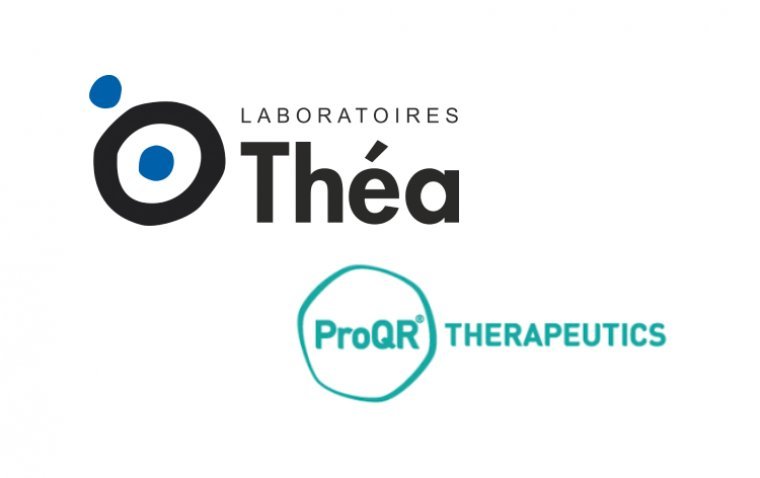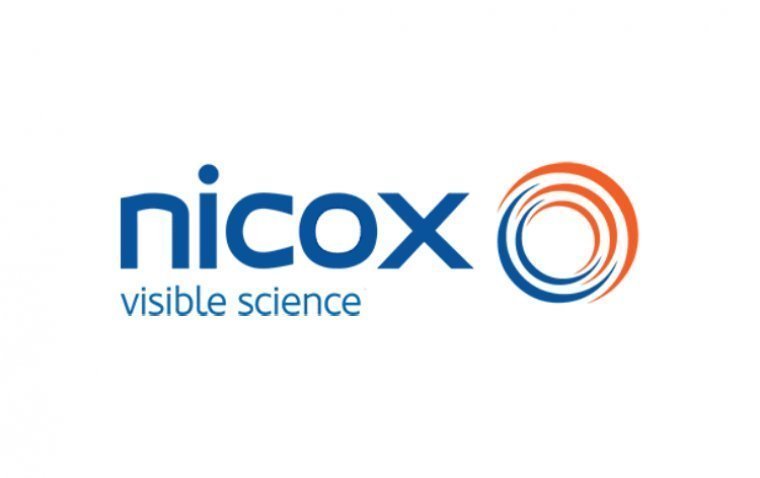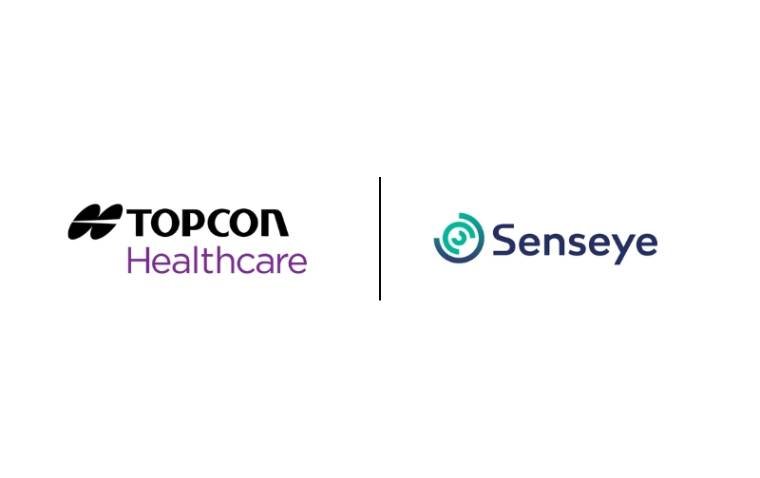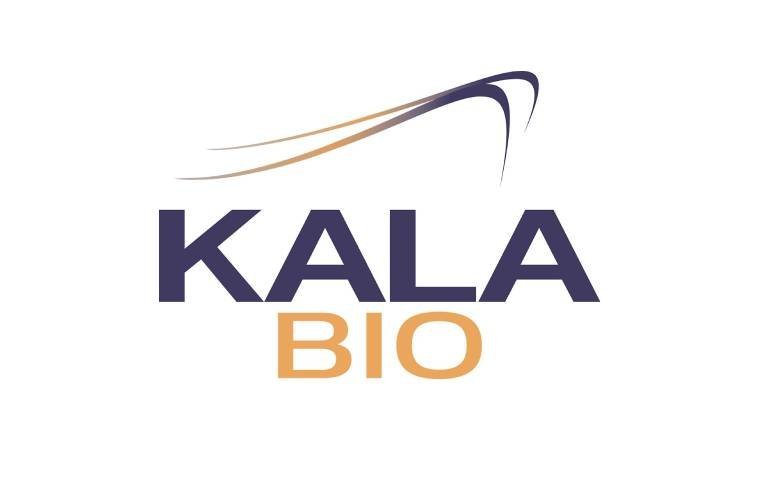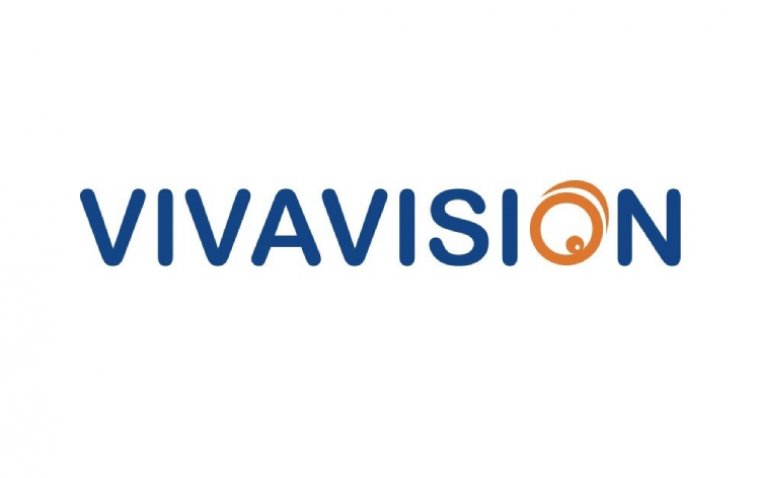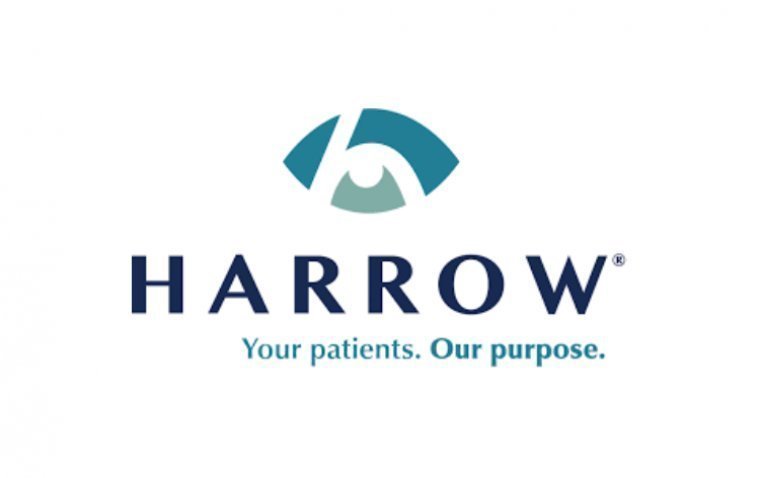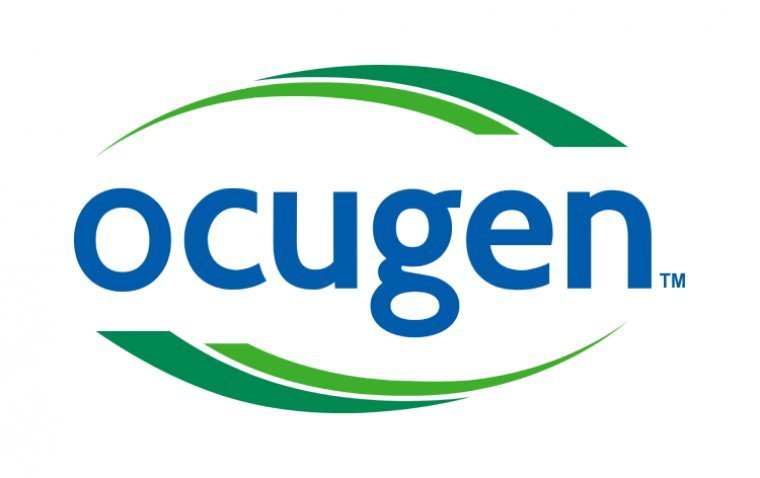
FDA Approves Ocugen's Phase 3 Trial for RP Gene Therapy
Ocugen has received approval from the FDA for an amendment to their investigational new drug (IND) application, which will enable them to commence a phase 3 clinical trial of OCU400, their gene therapy candidate designed for the treatment of retinitis pigmentosa (RP).
Dr. Shankar Musunuri, Chairman, CEO and Co-Founder of Ocugen, expressed the importance of this advancement in a news release. "The initiation of the OCU400 phase 3 clinical trial is a significant milestone for patients with RP and a pivotal event for Ocugen as a company," he stated. "OCU400 is the first gene therapy program to enter phase 3 with a broad RP indication. Until now, there has been only one marketed product to treat one of the 100 gene mutations associated with RP. Now there is real hope for all RP patients who haven’t had a treatment option."
Trial Design and Participant Details
The upcoming phase 3 trial is set to include 150 participants, divided into two arms. One group will consist of 75 participants with the RHO gene mutation, while the other will include 75 gene-agnostic participants. Each arm will be randomized in a 2:1 ratio between those receiving the treatment (2.5 x 10^10 vg/eye of OCU400) and those in the untreated control group.
In earlier phase 1/2 trials, Ocugen used the Multi-Luminance Mobility Testing (MLMT) scale as the primary functional endpoint. For the phase 3 trial, a new assessment tool called the Luminance Dependent Navigation Assessment (LDNA) will be utilized. This tool, developed in collaboration with the FDA, is designed to accommodate a broader range of light intensities (0.04-500 Lux) and Lux Levels (0-9), providing a more sensitive measure of mobility.
Dr. Arun Upadhyay, Chief Scientific Officer at Ocugen, highlighted the new testing method's advantages. "A sensitive mobility course, LDNA, was developed by Ocugen in collaboration with FDA for the phase 3 clinical trial to allow enrollment of patients with early to advanced stages of disease," he explained. "We are extremely encouraged that with this phase 3 study design more than 50% of intent to treat RHO patients would meet the responder criteria, which is demonstrating 2 or greater Lux level of improvement after one year of treatment based on Phase 1/2 study results."
Dr. Huma Qamar, Chief Medical Officer at Ocugen, also noted the broad applicability of the gene-agnostic trial design. "We believe that the gene-agnostic clinical trial design provides an appropriate therapeutic option to include patients who have greater potential of benefiting from treatment," she said. "We are looking forward to working with our selected trial sites and leading retinal surgeons to deliver this novel modifier gene therapy to potentially address unmet medical needs."
With these developments, Ocugen continues to progress toward their 2026 Biologics License Application (BLA) approval target. OCU400 has also been granted orphan drug and RMAT designations by the FDA, underscoring its potential to meet significant unmet medical needs.
About Retinitis Pigmentosa
Retinitis pigmentosa (RP) is a group of genetic disorders that affect the retina's ability to respond to light, causing a slow but progressive loss of vision. Common symptoms include difficulty seeing at night and a narrowing of the field of vision, often described as "tunnel vision." Over time, this can lead to complete blindness. The disorder occurs due to mutations in one of many genes responsible for the retina's proper function, impacting the photoreceptors or the retinal pigment epithelium.
Reference:
(1).jpg)
